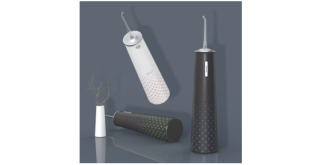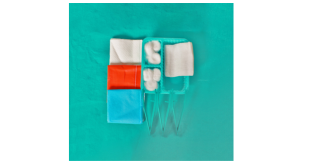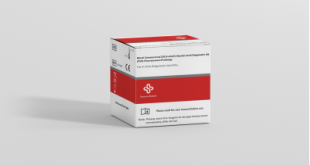Blood is an essential part of our body, and without blood, we would be in mortal danger. Blood purification is the process by which blood is cleansed of waste materials and other substances. This article will discuss what you should know about blood purification and how it can be done better.

Blood purification is also called dialysis in daily life. Its meaning is: that the patient’s blood is drawn out of the body and passed through a purification device to remove some of the pathogenic substances, purify the blood, and achieve the purpose of curing diseases.
There are three main methods of purification:
The first: is blood replacement, in simple terms, is the exchange of blood.
The second type is hemodialysis, which lets the blood pass through a layer of the filter membrane, like pure water, and become pure drop by drop.
The third type is hemoperfusion, which lets the blood come into contact with some “solid adsorbents” to absorb the toxins and obtain pure blood.
The Importance of Blood Purification
-Reduce high blood lipids and high cholesterol, and prevent high blood pressure.
-Remove residual toxins, pesticides, and heavy metals in the body to prevent the occurrence of cancer.
-Remove toxins from the liver and improve the detoxification function of the liver.
-Repair damaged myocardium and blood wall and prevented cardiovascular and cerebrovascular diseases.
-Treatment and prevention of diabetic complications.
-Remove chronic inflammatory factors in the blood and control chronic diseases and acute disease attack risk.
What are the Benefits of Blood Purification?
Blood purification functions are to eliminate blood toxins and regulate body acid. Alkali balance or metabolic disorders, clearing inflammatory factors in the body, etc. When ingested contains toxicity. At this time, blood purification can remove toxins in the blood and protect the body’s tissues and organ functions. If you have any questions, pls feel free to contact us!
 NEWSHUNTS
NEWSHUNTS



